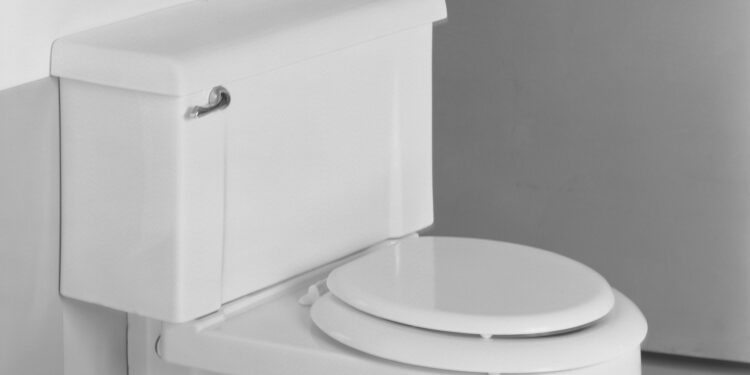When examining your stool in the morning, there are several key things to monitor for in order to assess your overall health and digestive system function. The color, consistency, shape, and any unusual additives in your stool can provide valuable insights into your well-being.
One important factor to monitor is the color of your stool. Stool should typically be a shade of brown, which indicates that your digestive system is functioning properly. Any drastic changes in color, such as red (which could indicate bleeding), black (which could be a sign of gastrointestinal bleeding), or pale or clay-colored stools (which may suggest a problem with the liver or gallbladder) should be noted and discussed with a healthcare provider.
The consistency of your stool is also important to pay attention to. Stool should be well-formed but soft, making it easy to pass. Loose stools or diarrhea could be a sign of an underlying digestive issue or infection, while hard, pellet-like stools could indicate constipation or a lack of fiber in the diet.
The shape of your stool can also provide valuable information. Stools that are consistently thin or pencil-like could be a sign of a narrowing in the colon, while unusually large or bulky stools may suggest a problem with digestion or absorption.
Lastly, any unusual additives in your stool, such as mucus, blood, or undigested food particles, should be noted. Mucus can indicate inflammation in the intestines, while blood in the stool may suggest bleeding somewhere in the digestive tract. Undigested food particles could be a sign of a malabsorption issue or a lack of digestive enzymes.
Overall, monitoring your stool in the morning can be a valuable tool in assessing your digestive health. Any significant changes or abnormalities should be discussed with a healthcare provider to determine the underlying cause and appropriate treatment. Often, quantifying your findings can help providers discern clinically significant findings.
The Bristol Stool Scale is a medical tool used to classify the different forms of human feces into seven categories. It was developed at the Bristol Royal Infirmary in the United Kingdom in the early 1990s. Each category on the scale represents a different type of stool consistency, which can help healthcare providers diagnose various gastrointestinal issues and monitor the effectiveness of treatments.
The seven categories on the Bristol Stool Scale include:
Type 1: Separate hard lumps, like nuts
Type 2: Sausage-shaped but lumpy
Type 3: Like a sausage but with cracks on the surface
Type 4: Like a smooth, soft sausage or snake
Type 5: Soft blobs with clear cut edges
Type 6: Mushy consistency with fluffy pieces
Type 7: Watery, no solid pieces
By using the Bristol Stool Scale, healthcare providers can quickly and easily communicate with patients about their bowel movements, which can be a vital indicator of overall digestive health. For example, constipation is often associated with Type 1 and Type 2 stools, while diarrhea is more indicative of Type 6 and Type 7 stools.
In addition to aiding in diagnosis and treatment, the Bristol Stool Scale can also be used to educate patients about the importance of maintaining regular bowel movements and making dietary and lifestyle changes to improve digestive health. By promoting awareness of stool consistency, healthcare providers can help patients better understand their gastrointestinal health and take proactive steps towards improving it.
















